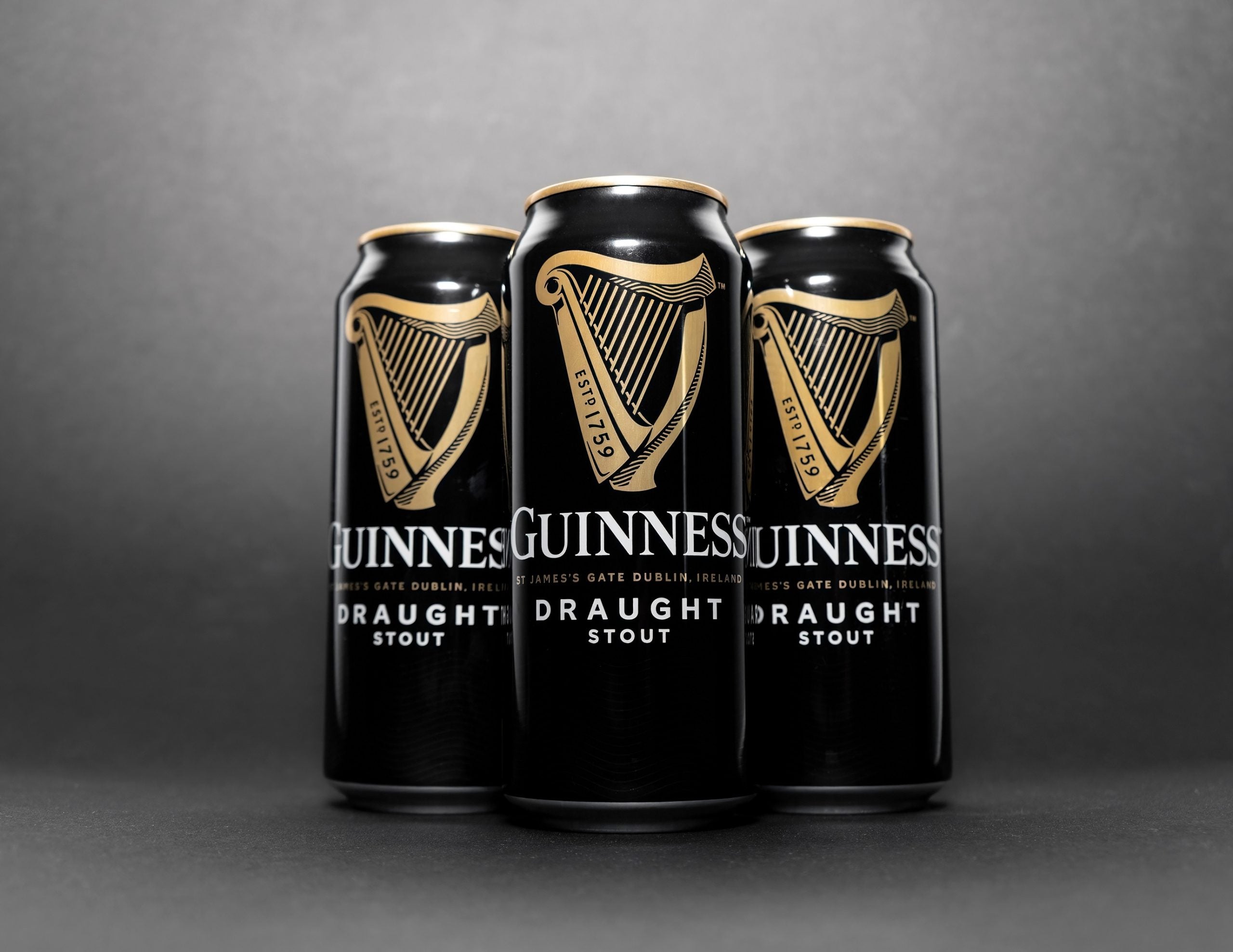
Diageo has provided funding for a new UK consortium that is to build an aluminium recycling and manufacturing plant in the country.
The Guinness brand owner has made an undisclosed amount of investment to help set up the British Aluminium Consortium for Advanced Alloys (BACALL).

Discover B2B Marketing That Performs
Combine business intelligence and editorial excellence to reach engaged professionals across 36 leading media platforms.
Diageo described BACALL as “a collective of industry experts who will create a circular economy for aluminium in the UK”.
In a statement, the spirits giant said the UK is reliant on “an energy-intensive supply chain that is based on the unsustainable exporting and importing of aluminium”.
Diageo said the new plant will “roll hundreds of thousands of tonnes of aluminium sheet in the UK”, adding that level of output would be “enough for over 400 million cans of Guinness and pre-mixed Gordon’s and tonic”.
The new site is currently at the “design, engineering and site selection stage,” the company added.

US Tariffs are shifting - will you react or anticipate?
Don’t let policy changes catch you off guard. Stay proactive with real-time data and expert analysis.
By GlobalDataJust Drinks has contacted Diageo to ask where the factory might be located and when it is scheduled to start production.
“We are now seeking to work in partnership with business and Government to not only reduce aluminium’s carbon footprint but also to bring this part of the aluminium supply chain back to the UK,” Ewan Andrew, the president of Diageo’s global supply chain and its chief sustainability officer, said in the statement.
The company said the new plant, when it is up and running, will increase its use of recycled aluminium and “contribute to a reduction” in its Scope 3 emissions.
By 2030, Diageo is aiming to “become net zero carbon” in its “direct operations”, covering Scope 1 and 2 emissions. It is also targeting a 50% cut in the carbon emissions from its value chain, also known Scope 3 emissions. The company’s 2030 target also state it is aiming to “ensure 100% of our packaging is widely recyclable (or reusable, compostable)”.
Some 25 “world-leading technologists from across the aluminium, waste and recycling industries” are listed on the BACALL website.
David Sneddon, a former executive at aluminium suppliers Alcan and then the spun-off Novelis, is a non-executive director of BACALL.
He said: “By sourcing, recycling, manufacturing and supplying aluminium flat rolled sheets in the UK, we can localise and close the supply chain, providing substantial reductions in carbon emissions. This will help create a more sustainable aluminium industry and will secure the future capacity of ultra-low carbon alloys.”





